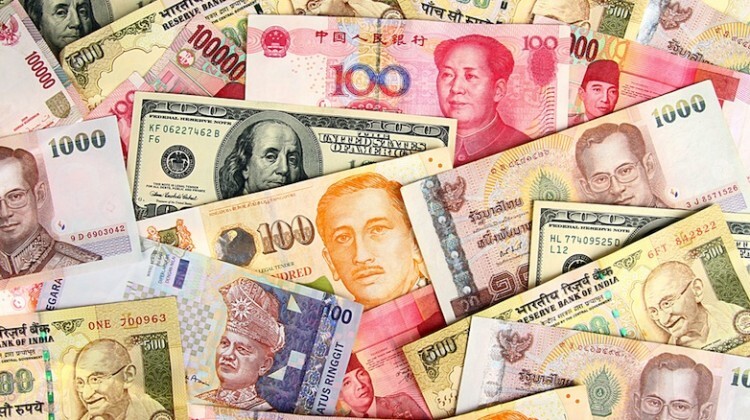this post was submitted on 22 Jul 2023
416 points (96.6% liked)
Asklemmy
43810 readers
1 users here now
A loosely moderated place to ask open-ended questions
If your post meets the following criteria, it's welcome here!
- Open-ended question
- Not offensive: at this point, we do not have the bandwidth to moderate overtly political discussions. Assume best intent and be excellent to each other.
- Not regarding using or support for Lemmy: context, see the list of support communities and tools for finding communities below
- Not ad nauseam inducing: please make sure it is a question that would be new to most members
- An actual topic of discussion
Looking for support?
Looking for a community?
- Lemmyverse: community search
- sub.rehab: maps old subreddits to fediverse options, marks official as such
- !lemmy411@lemmy.ca: a community for finding communities
~Icon~ ~by~ ~@Double_A@discuss.tchncs.de~
founded 6 years ago
MODERATORS
you are viewing a single comment's thread
view the rest of the comments
view the rest of the comments

A few good comments and quite a few... not so good. A lot of explanations that focus on 2nd order, downstream effects and the machinations of economists and politicians. Price is one of myriad ways to measure the past & current state of the economy and to make guesses about its future.
"Inflation" is what we call it when it costs $1.00 to buy a dozen eggs last year and $1.10 to buy a dozen of the same eggs this year. "Deflation"is what we call it if the price goes down to $0.90 this year. Just to set some terminology.
No one person or group or policy or activity causes inflation or deflation. It's just a measure of buying power.
But there is one key difference between inflation and deflation: the latter has a limit. Prices can go up forever, but they can only go down to $0.
So when all the people are trying to craft policies that influence the economy, they don't want the economy to go in the direction of the brick wall of $0 prices.
It's probably the case that inflation is the only thing that can happen and have a functioning economy over the long term. If that's the case, then keeping it low is the best approach, which is why the American economic establishment has a target of 2% inflation.
It depends on how you define things on if it has a lower bound. If you're talking percentage, it's infinite. It's Zeno's Paradox. If you decrease by half, then decrease it again the second halving is less than the first, and this continues forever, never reaching zero. It approaches zero as we take the limit to infinity, but we can never reach infinity obviously, and yes, we could divide a penny if we need to. Since inflation and deflation work on percentages, not descrete values, deflation could never reach zero.
Inflation is a useful tool though. It makes it so spending money now is better than saving. Deflation makes saving money better, which slows the economy. Basically, things have to go very wrong to make deflation happen because tools will be used to prevent that.
I believe New Zealand was the first country to set the inflation target to 2%. So not sure what relevance the American inflation target has in this discussion. OP didn't say they were from the US. America probably followed New Zealand's lead.
Doesn't matter, America is the only country 🇺🇲
US defaultism has made its way here from Reddit, I see.
I don't think it'd a reddit thing, it's an American thing.
They'll still do it even when they're in a minority.
The /c/news thing being US only really shits me though.
There are many reasons for inflation, but the biggest in Capitalistic economy is the interest and that there is no Gold the money is tied to. Basically, they can print out as many dollars as they want. There is no Gold standard.